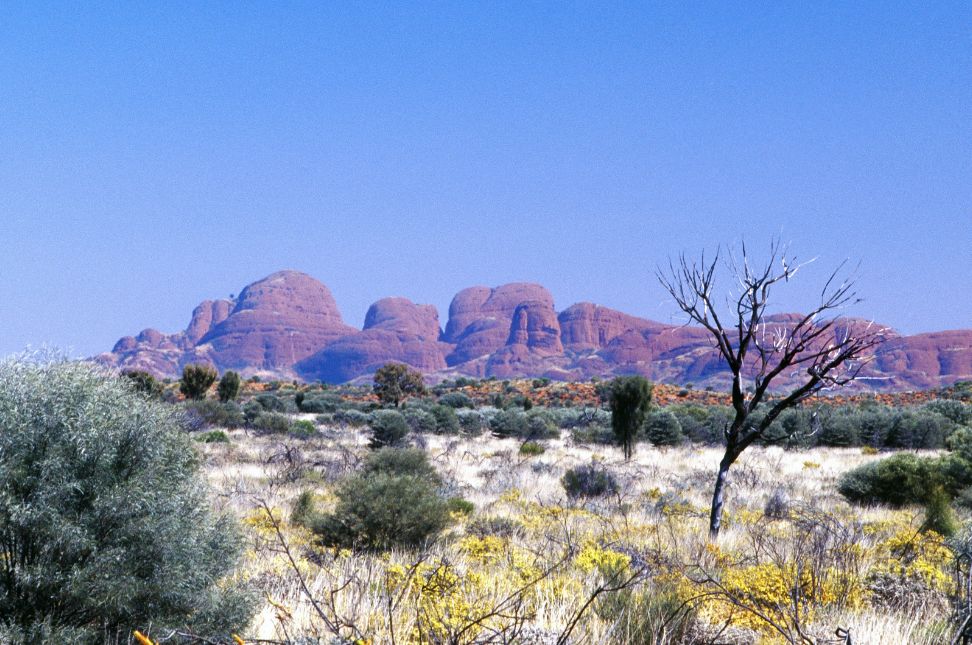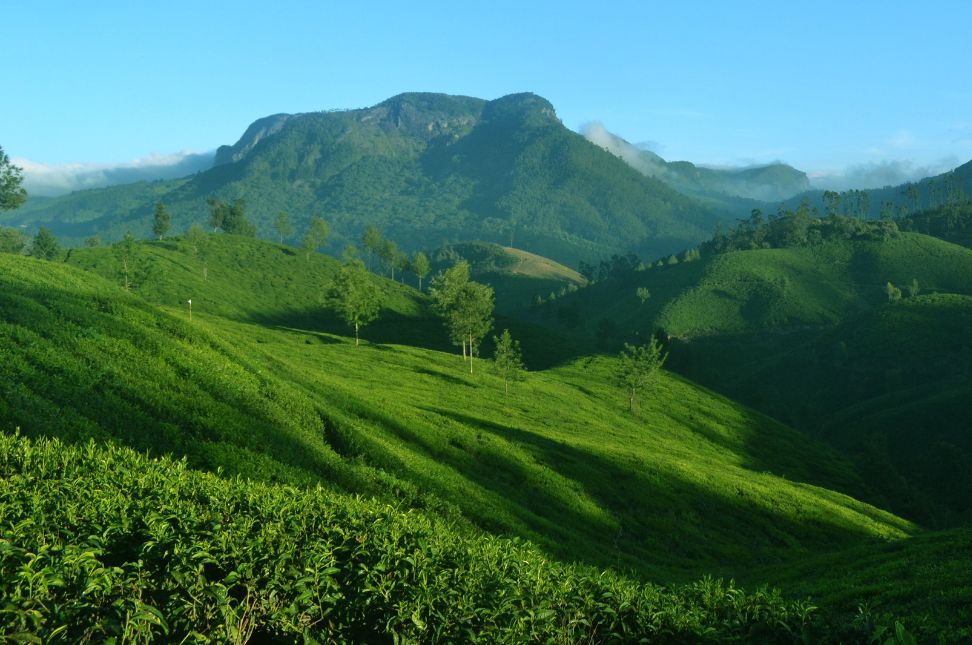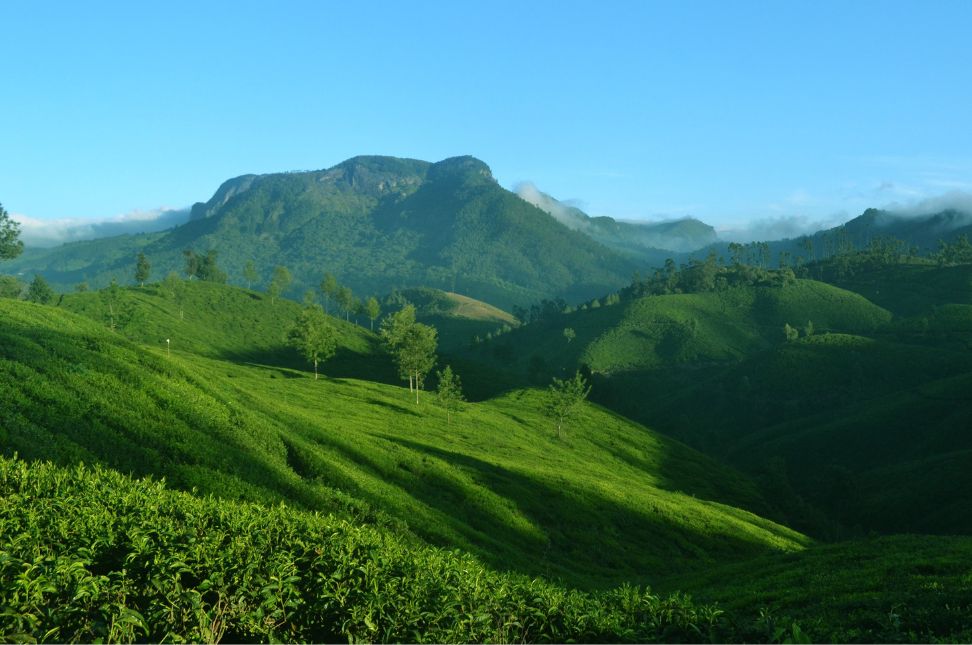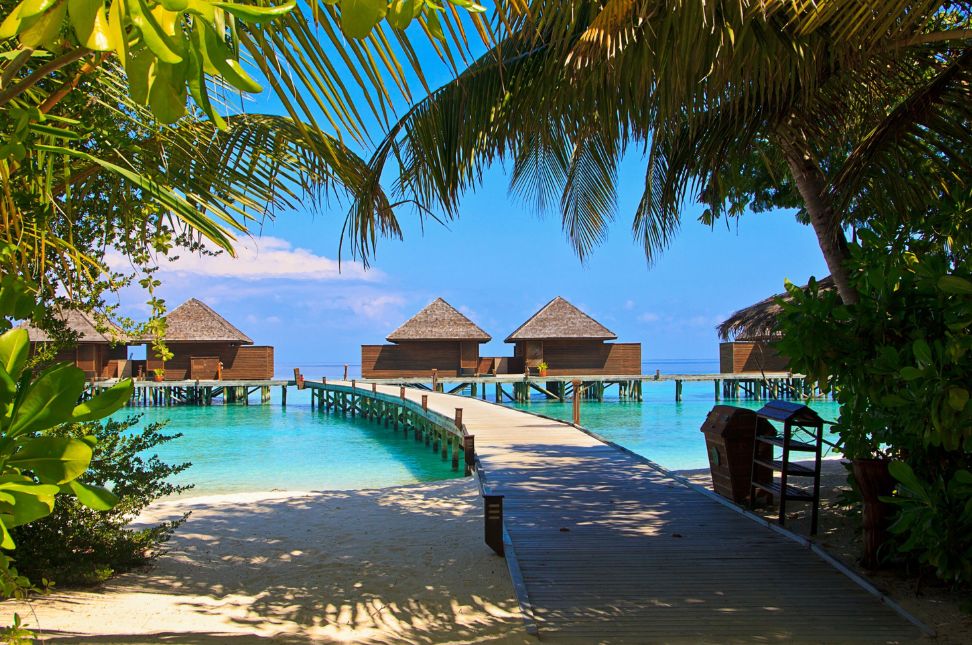Australia, known for its diverse ecosystems and unique fauna, offers some of the most captivating wildlife tours in the world. Wildlife Tours in Australia provide an unparalleled opportunity to experience the country’s rich biodiversity, from its arid deserts to lush rainforests. This article explores the best wildlife tours, emphasizing why they are essential for anyone seeking an authentic Australian adventure.
Why Choose Wildlife Tours in Australia?
Wildlife Tours in Australia are a must for nature enthusiasts. The country boasts a vast array of habitats, each home to a unique set of species. Whether you are interested in seeing the iconic kangaroo, the elusive platypus, or the vibrant birdlife, Australia’s wildlife tours offer something for everyone. These tours are designed to provide an educational and immersive experience, ensuring that visitors leave with a greater appreciation for the natural world.
Top Wildlife Tour Destinations
1. Kangaroo Island, South Australia
Kangaroo Island is often referred to as Australia’s “zoo without fences.” This pristine island is a haven for wildlife, with numerous opportunities to see animals in their natural habitats.
Highlights:
- Seal Bay Conservation Park: Home to a large colony of Australian sea lions.
- Flinders Chase National Park: Spot koalas, kangaroos, and echidnas.
- Little Sahara: Explore the sand dunes and discover diverse bird species.
2. Great Barrier Reef, Queensland
The Great Barrier Reef is not only a marine paradise but also a crucial habitat for many land and sea creatures. Wildlife Tours in Australia often include trips to this natural wonder.
Highlights:
- Snorkeling and Diving: Encounter marine life such as clownfish, sea turtles, and coral reefs.
- Daintree Rainforest: One of the oldest rainforests in the world, teeming with unique wildlife.
- Heron Island: A great spot for observing sea turtles during nesting season.
3. The Kimberley, Western Australia
The Kimberley region offers rugged landscapes and an abundance of wildlife. This remote area is perfect for those looking to explore Australia’s untouched wilderness.
Highlights:
- Horizontal Falls: Witness one of the most unique natural phenomena.
- Mitchell Falls: A spectacular four-tiered waterfall surrounded by diverse wildlife.
- Broome: Known for its pearling history and rich Aboriginal culture.
4. Kakadu National Park, Northern Territory
Kakadu National Park is a UNESCO World Heritage Site known for its rich Aboriginal heritage and diverse ecosystems.
Highlights:
- Yellow Water Billabong: Ideal for spotting crocodiles and a variety of bird species.
- Ubirr and Nourlangie: Rock art sites that provide insight into Aboriginal culture.
- Jim Jim Falls: A stunning waterfall accessible during the dry season.
5. Tasmania
Tasmania, an island state, offers a unique blend of wildlife experiences due to its isolated location and varied environments.
Highlights:
- Tasmanian Devil Conservation Park: Learn about efforts to save this endangered species.
- Freycinet National Park: Home to wallabies, wombats, and a plethora of birdlife.
- Cradle Mountain: Spot wombats, echidnas, and possums.
Unique Wildlife Experiences
Nocturnal Tours
Australia’s wildlife is not just active during the day. Nocturnal tours provide a chance to see animals like the bilby, possums, and night birds in their natural habitats.
Bird Watching
Australia is a paradise for bird watchers with over 800 species of birds. Key locations include Kakadu National Park, the Wet Tropics of Queensland, and the forests of Tasmania.
Marine Wildlife Tours
From whale watching in Hervey Bay to swimming with sea lions in South Australia, marine wildlife tours offer unforgettable experiences.
Safari Experiences
Many regions in Australia offer safari-style tours, where you can traverse vast landscapes and encounter wildlife in their natural settings. The Outback is particularly renowned for such experiences.
Responsible Wildlife Tourism
It’s essential to choose tours that prioritize animal welfare and environmental conservation. Responsible Wildlife Tours in Australia ensure minimal impact on the environment and local wildlife populations.
Tips for Responsible Wildlife Tourism:
- Choose Accredited Operators: Look for tours accredited by eco-tourism organizations.
- Follow Guidelines: Adhere to the rules set by tour operators and park authorities.
- Respect Wildlife: Maintain a safe distance and avoid disturbing animals.
- Leave No Trace: Ensure that you do not leave any litter or disrupt natural habitats.
Planning Your Wildlife Tour
Best Time to Visit
The best time for Wildlife Tours in Australia varies depending on the region and the species you wish to see.
- Northern Australia: The dry season (May to October) is ideal for visiting the Top End, including Kakadu and the Kimberley.
- Southern Australia: The spring (September to November) and autumn (March to May) offer mild weather and abundant wildlife activity.
- Marine Tours: Whale watching season runs from June to November, with peak sightings in July and August.
What to Pack
- Clothing: Lightweight, breathable clothing for warm climates, and layers for cooler regions like Tasmania.
- Footwear: Comfortable, sturdy shoes for walking and hiking.
- Accessories: Sun protection (hats, sunglasses, sunscreen), insect repellent, and a good camera for capturing wildlife.
Travel Tips
- Book in Advance: Wildlife tours can be popular, especially during peak seasons.
- Guided Tours: Opt for guided tours to gain insights from knowledgeable experts.
- Health Precautions: Ensure you are up to date with vaccinations and carry any necessary medications.
Conclusion
Embarking on Wildlife Tours in Australia is a unique and enriching experience. From the rugged landscapes of the Kimberley to the underwater wonders of the Great Barrier Reef, these tours offer a chance to connect with nature and witness the incredible biodiversity of Australia. By choosing responsible tours and respecting the environment, you can contribute to the conservation of these precious ecosystems for future generations. So pack your bags and get ready to explore the wild side of Australia!




